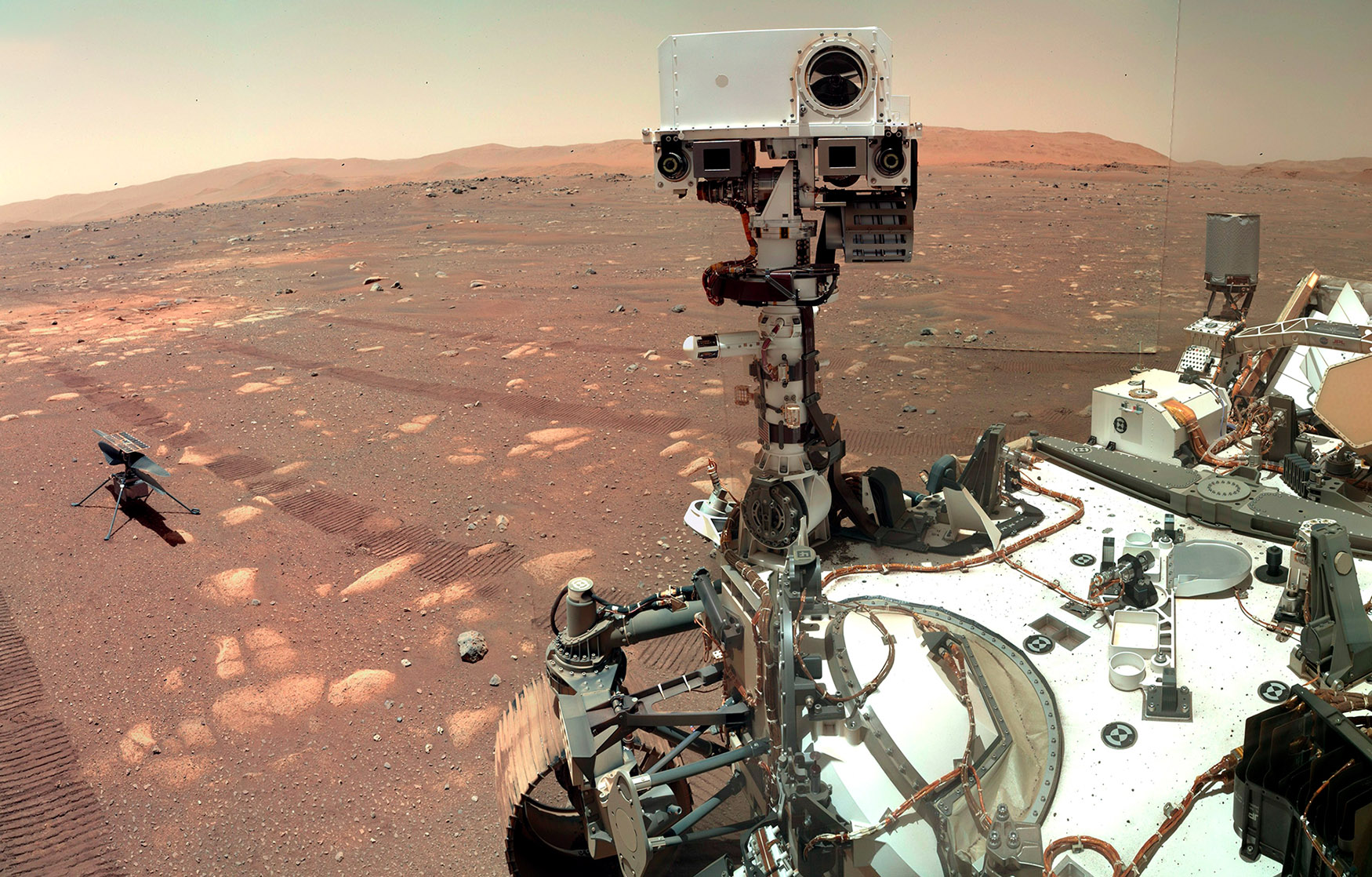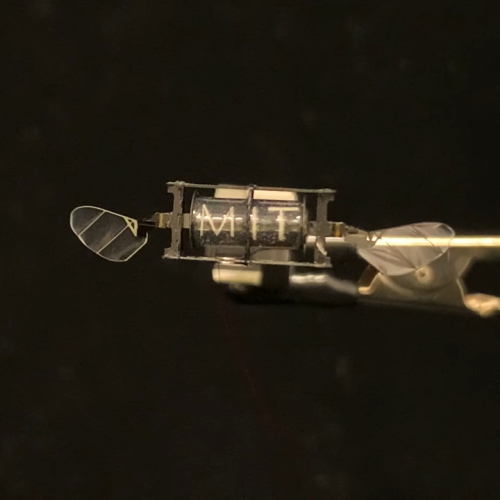NASA first shared what Mars sounds like last year, using microphones placed on the Perseverance rover. Since then, though, scientists have been studying the recordings, and have even created a playlist of the best recordings of Mars. But, what’s most interesting about these recordings, aside from how eerily quiet the planet is, is that they give us more of an idea of how sound travels on Mars.
We’re learning more about how sound travels on Mars
Putting humans on Mars is one of NASA’s biggest goals for the future. In fact, the space agency is already planning a two-manned mission to the Red Planet within the next 20 years. Despite everything we’ve learned about the planet, though, there is still a lot we don’t know quite yet. One thing we’re learning about, though, is how sound travels on the Red Planet.
Last month, researchers published a new study in the journal Nature that provided an analysis of the sounds Perseverance has captured on Mars. Now, obviously, any of these recordings are always going to capture bits and pieces of the rover’s mechanics making noise, too. But what the researchers found is that how sound travels on Mars can change depending on the temperature.
The team found that most of the time, the Red Planet is eerily quiet. Not to be unexpected given it’s a barren, cold wasteland with barely any atmosphere. However, the researchers found that sounds recorded on Mars were 20 decibels lower than the same sounds recorded on Earth. Additionally, they found that high-frequency sounds appear to move faster than lower frequencies.
As such, the Martian soundscape is one of the more intriguing that we’ve discovered thus far. And, because the planet’s atmosphere composition changes throughout its yearly circuit, the way sound travels on Mars changes, too.
Composition and speed

Baptiste Chide from the Los Alamos National Lab says at some points the audio from Perseverance was so quiet the team thought that the rover’s microphone was busted. As they continued listening, they discovered that how sound travels on Mars changes as the temperature drops on the Martian surface.
“Mars is the only place in the solar system where that happens in the audible bandwidth because of the unique properties of the carbon dioxide molecule that composes the atmosphere,” Chide explained in a statement. As the Martian winter approaches, the carbon dioxide in the polar caps will start to freeze.
When this happens, the atmosphere’s density changes, causing variations of up to 20 percent in the environment’s loudness. Scientists will continue to study audio recorded by Perseverance. And, it will no doubt help us better understand how sound travels on Mars even more. For now, though, we at least know that the atmosphere on the Red Planet is stifling some noises.
Additionally, researchers say that the sound of gusting wind is the only natural sound that we’ve picked up on Mars so far. Which only further cements the barren, eerie emptiness that makes Mars so intriguing.










